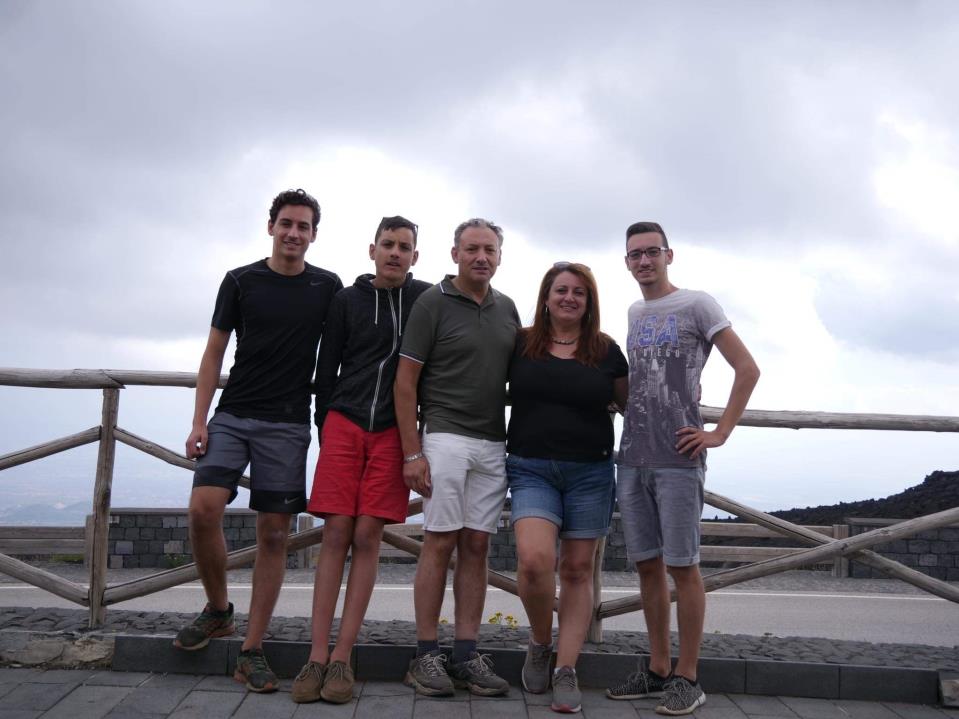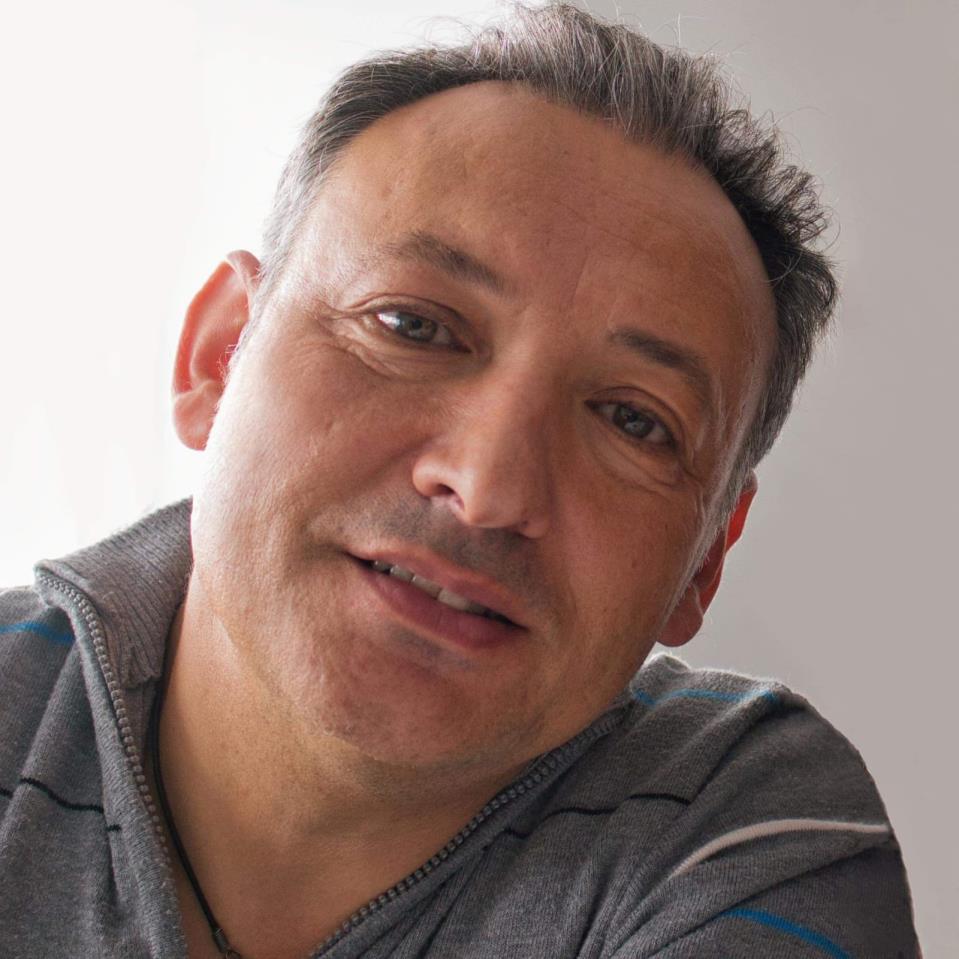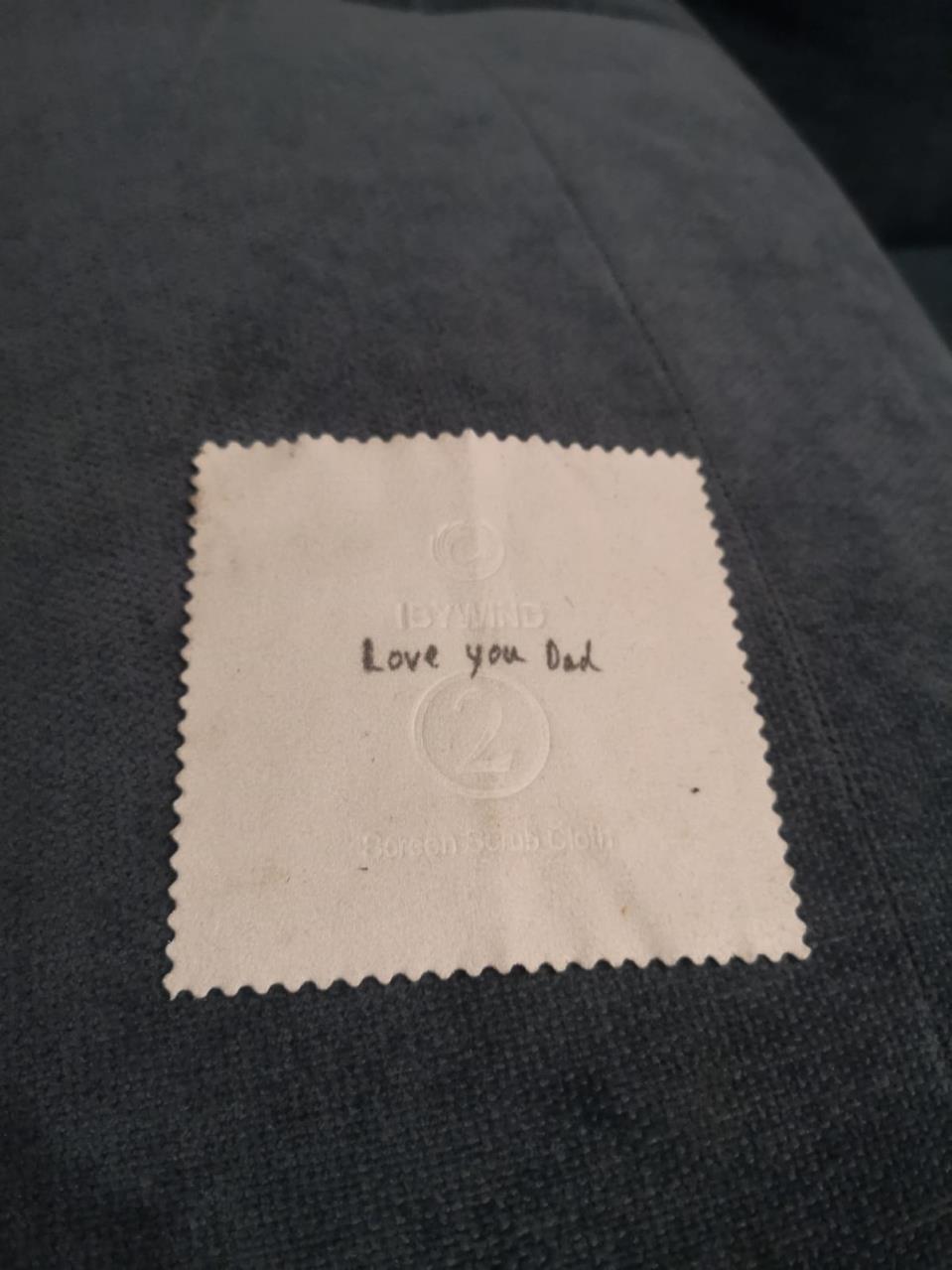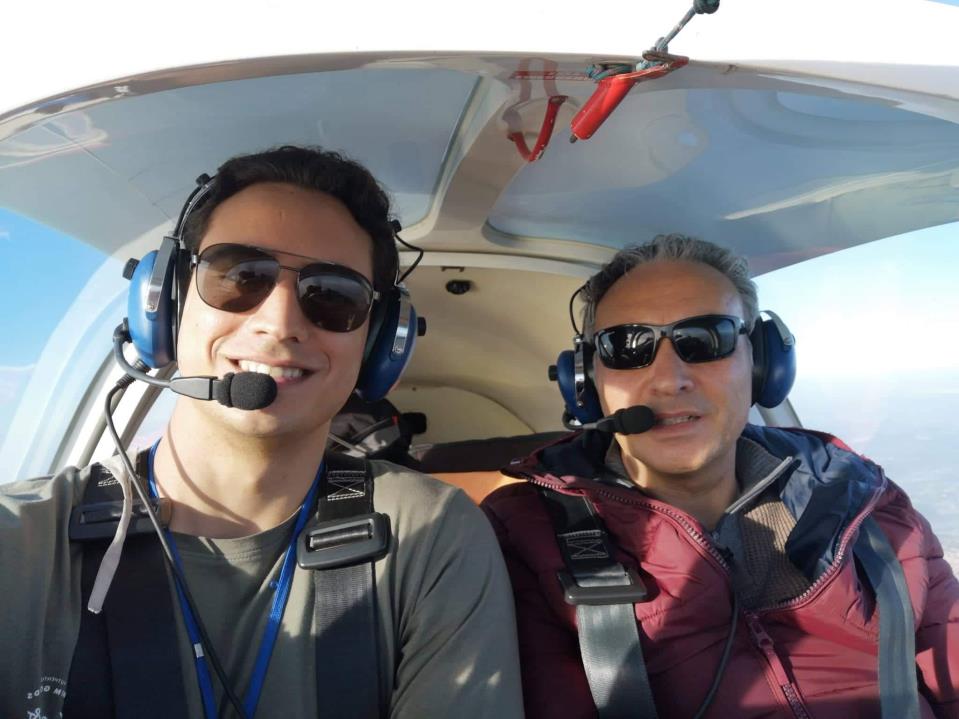Nicholas Camilleri had been reported missing since Friday when police said that he had been found dead in Ghajn Tuffieha on Tuesday.
Little explanation was given, with the police simply saying that no foul play was suspected in Camilleri’s death and that a magisterial inquiry had been opened.
But Nicholas Camilleri’s story goes far beyond the three-line media statement which announced that he had been found dead.
It is a tale of a man who was overtaken by a debilitating mental illness, and who was subsequently failed not once, not twice, but four times by the country’s mental health system.
A story dating back 18 years
The first inklings that something was wrong came around 18 years ago, his son Daniel Nicholas Camilleri tells The Malta Independent.
It was then that Nicholas Camilleri’s behaviour started to change, and he started to exhibit the symptoms of paranoid schizophrenia. Daniel speaks of times when his father used to speak incoherently about things, and when he would even start banging his head against the wall.
He was subsequently diagnosed with paranoid schizophrenia and, even after he resisted going to therapy initially, a spell at Mount Carmel Hospital followed, following which he had seemingly recovered.
However, Daniel says, he relapsed around three years later.
“He used to believe that our mother was out to get him, that his food was being poisoned… there were times when we would have to eat the food before he does in order to prove that it wasn’t poisoned,” Daniel explains.
Nicholas also started to suffer from hallucinations, which only made the paranoia induced by his mental condition even worse.
“Once he locked my brother and I into our room and started to nail wooden planks across the front door because he thought that somebody was coming to the house to cause them harm,” Daniel remembers.
Nicholas eventually started going to therapy, and – as Daniel is keen to point out – never refused any treatment.
He was prescribed with pills which he had to take on a daily basis and with an injection which he had to take on a monthly basis, something which he had been following through the State’s healthcare system.
“He recovered and was doing very well, he had a job, and lived a normal life for 15 years… until last September,” Daniel says.

The silent stoppage of treatment, and the relapse
It was in last September, Daniel explains, that Nicholas went for an appointment with his psychiatrist who told him that he would stop administering the injection that he had been receiving for the previous 15 years because he believed that because he was doing well, he could start weaning off the medication.
This was not something which Nicholas wanted to do, his son explains, because he was happy with the state of his mental health at the time – a state which had come about precisely due to the treatment he had been receiving for the previous 15 years.
However, regardless, he stopped receiving the injections.
Nicholas’ family was never informed that a key part of his medical treatment had been stopped.
When this was queried months later, Daniel says, they were told that it was for confidentiality reasons.
The effects of the injections being stopped did not start to become apparent before the start of this year.
“It was in January that he started to act a bit weirdly. It was like he was detached from the world… but we didn’t associate it immediately because we didn’t know that his injections had been stopped,” Daniel explains.
Then, he says, the penny dropped.
He recalls how one day as he was leaving the house to go to the gym, his father pulled him aside and sat him down because he wanted to speak to him.
“He told me that he had filed for separation because my mother was seeing someone else. I obviously did not believe that she was seeing someone else. I have full trust in my mother, she works as a night shift nurse, works a lot of overtime, and spends the rest of her time taking care of the family, especially my younger brother who has special needs. He spun me this whole story based on delusional thoughts” Daniel says.
The very next day, Daniel says that they got a call from his father’s psychiatrist who told them that Nicholas was insisting that his pills had been mixed up.
It was clear that he had relapsed. His dosage of pills was upped, but he was not put back on the injections.
Daniel says that his family remained supportive of him because they realised that it wasn’t actually him who was doing this, but his mental condition. He recalls how he used to call him up at all times of the day to tell him that he loved him, and how they used to accompany him to therapy – recalling one occasion, with a chuckle, where they went for a croissant after an appointment.
It was the 11th January when the family got to know that Nicholas had stopped receiving the injections.

‘I woke up to the sound of screaming’
“It was a Friday morning,” Daniel begins after taking a deep breath. Three days after they had gotten to know that Nicholas had stopped being administered injections.
“I woke up to the sound of screaming… I’d never heard anyone scream like that,” he says.
Nicholas had, Daniel continues, locked himself in the basement with his mother and begun stabbing her with a chisel.
“My older brother and I tried to open the basement door, but he had locked it from the other side. I tried to kick the door and break it, to no avail. We only managed to save her life in the nick of time because my brother remembered that the basement had a window which wouldn’t have been locked, jumped a storey down into the shaft, and clambered through the window to stop him,” he says.
Nicholas was arrested and taken to Mount Carmel Hospital’s Forensics Unit while Daniel’s mother was hospitalised for a number of days as a result of her injuries, which included a punctured lung and several injuries which, had they been an inch in either direction, could have been fatal.
A month later, for some reason and despite his mental condition, Nicholas was transferred from Mount Carmel Hospital to the Corradino Correctional Facility.
The police charged Nicholas in court in relation to the incident, and Daniel says that he and his family members had to take the difficult decision on whether they wanted to testify against him or not.
Fearing that Nicholas’ mental state may lead to the risk of him coming to the family home and committing a crime worse than this, Daniel and his family did ultimately testify against him, even for his own safety. After all, by testifying, they were telling the truth about what had happened.
“We explained what happened. We said that it wasn’t him who was doing this, that it was his mental condition,” he says. “Our only wish and intention was to get him the care that he needed, and for him to be mentally fit by the time the court release him.”
A difficult time followed. Daniel and his family were not allowed to communicate with Nicholas because of the ongoing court case, but he – knowing that the man who had attacked his mother was not his father, but was the mental condition that had overtaken him – wanted to do everything to show his love to Nicholas.
“We weren’t allowed to speak to him because of the ongoing court case, but I wanted to do anything I could to tell him that we still loved him. I wrote a note on a piece of cloth which read ‘Love you Dad’ and left it in the inside pocket of a jacket when I went to Corradino to give some clothes for him. The police found it and removed it and told me that I couldn’t speak to him,” Daniel continues.
Soon after, Nicholas was declared fit for bail.

The note which Daniel wrote to his father and tried to hide in a jacket to give him while he was in prison.
‘I wish you well – Nicholas’
All Nicholas had when he came out of prison was his car. His family could not speak to him because of a protection order issued by the courts and – as Daniel says – “he was getting worse, not better.”
Daniel says that mediation over the separation proceedings between his father and his mother had started. “Negotiation was not possible, because he was not seeing reason and never even recalled attacking my mum,” he explains.
“It made me quite angry at the time… I regret that now because I know that it wasn’t him who was doing this… but I’m only human,” he admits.
Nicholas ultimately quarrelled and sacked his lawyer, and on 16 June wrote a lengthy Facebook post.
In the post he sarcastically thanked his lawyer for apparently not submitting three court applications targeting his wife, the Mater Dei GU Clinic, his doctor, and also said that he was a victim of domestic violence.
“I wish you well – Nicholas”, was how his post concluded.
The day after, he was reported missing.
The search for Nicholas Camilleri
“The police didn’t even inform us that he was missing… we found out through the media,” Daniel – whose voice at this point tremors with a sense of anger – says.
“We wanted to look for him, and we tried asking the police where he was last seen, whether his car had been found and so on, but they refused to tell us anything,” he continues.
It later emerged that Nicholas had last been seen in Ghajn Tuffieha, and that his car had been parked there.
“I didn’t tell anyone, but instead of going to the gym I went to look for him. I went first to where the car was, close to the Apple’s Eye restaurant. I figured that since police had used a helicopter, marine patrols, and K9 dogs but hadn’t managed to find him, then he must be somewhere indoors and secluded,” he begins.
“It took me only 15 minutes until I found his body,” he says.
Daniel found his father’s lifeless body in an abandoned building which overlooks the Ghajn Tuffieha campsite. Nicholas had committed suicide.
“How is it fair that I found him and not police? Now I have to live with the trauma for the rest of my life,” Daniel says. “At the same time though, in a way, I am glad that I was the one who found him, and not some child. This was in a pretty public and accessible area. However, it was the Police’s responsibility to find him, and I wish that was the case.”

Daniel Nicholas Camilleri, left, and his father, Nicholas, right.
The four ways in which Nicholas Camilleri was failed by the system
Police announced that Nicholas has been found dead on 21 June. Tributes for the man have since poured in – including from his two sons, Daniel and Malcolm.
Both professed their love for their father but both say that the country’s mental health system failed him.
Daniel mentions four points where the state’s system failed his father: when his injections were stopped, when his family were not told that the injections were stopped, when he was transferred from Mount Carmel to Corradino Correctional Facility, and when he was deemed to have been in a fit state for bail.
“The system failed you, the health professionals failed you. You needed care and they stopped it for you without telling anyone. You needed monitoring by doctors and they stopped that for you as well,” Daniel’s brother Malcolm wrote on Facebook on Wednesday.
“It pains me that this happened, but this all could have been avoided with some common sense,” he wrote.
“You suffered too much over the last few months… the system failed you when they stopped your treatment without telling us,” Daniel himself wrote on social media on Tuesday.
It is also clear, however, that the three brothers and their mother continue to hold a deep love for Nicholas.
“You thought that the world had turned against you and that you had nothing left to live for when you have no idea how much people loved you, and how many people have told us of their sadness at what happened,” Malcolm wrote in his Facebook post.
“I forgive you for everything you did… you weren’t you. I know that you always loved us, and we did too. If only you knew how much we deeply loved you and wanted nothing but the best for you,” Daniel wrote.
“If heaven exists, I hope that you’re finally at peace.”
If you or someone you know needs to talk to someone about mental health, please call 179. You can alternatively visit www.kellimni.com to get in touch online or contact the Richmond Foundation whose freephone 1770 is available 24/7.